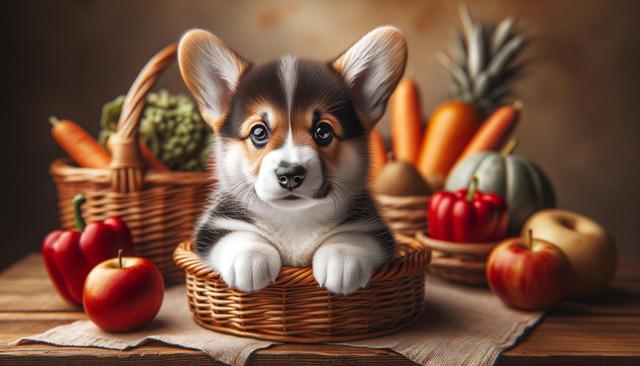Understanding the Shih Tzu Breed
Originating from ancient China, Shih Tzus were bred as companion dogs for royalty. Their name translates to ‘lion dog,’ and they were often associated with Buddhist symbolism. Today, these small dogs are cherished for their gentle demeanor and affectionate behavior. Shih Tzus are toy-sized with a sturdy build, typically weighing between 9 to 16 pounds when fully grown. Their long, flowing coat is one of their most distinctive features, often requiring regular grooming to maintain its appearance and health. Despite their regal history, Shih Tzus are very approachable and enjoy being part of a family environment.
Key characteristics of the Shih Tzu include:
- Friendly and sociable temperament
- Low prey drive, making them good around other animals
- Minimal barking when properly trained
- Adaptability to apartment living
These traits make them a great choice for individuals or families seeking a small, affectionate pet that thrives on companionship.
Training and Socialization
Shih Tzu puppies are intelligent but can sometimes be a bit stubborn, which makes early training and socialization essential. Starting obedience training from a young age can help them develop into well-mannered adults. Positive reinforcement methods work best with this breed, including treats, praise, and playtime as rewards. It’s important to keep training sessions short and engaging to hold their attention.
Socialization is equally important. Exposing a Shih Tzu puppy to a variety of people, pets, environments, and situations will help reduce fear and anxiety as they grow. Puppy classes and supervised playdates can provide valuable experiences during their critical development stages. A few tips for effective training include:
- Use consistent commands and cues
- Be patient and avoid harsh corrections
- Incorporate play into training routines
- Reinforce good behavior with small rewards
With the right approach, Shih Tzus can become obedient, social, and well-adjusted members of any household.
Grooming and Maintenance Needs
One of the most recognizable features of a Shih Tzu is its luxurious coat, which requires regular care to prevent tangling and matting. Daily brushing is recommended to keep their hair smooth and free of debris. Many owners choose to keep their Shih Tzu in a ‘puppy cut’ style to reduce grooming time. Despite their long hair, Shih Tzus shed minimally, which can be beneficial for those with mild allergies.
In addition to coat care, other grooming tasks include:
- Bathing every 3-4 weeks using a dog-friendly shampoo
- Regular ear cleaning to prevent infections
- Nail trimming every few weeks
- Dental care, including brushing teeth a few times a week
Establishing a consistent grooming routine early in life helps puppies become accustomed to handling, making the process more comfortable for both the dog and the owner.
Health Considerations and Veterinary Care
While Shih Tzus are generally healthy dogs, they are prone to certain breed-specific health issues. Being aware of these potential conditions can help owners take proactive steps in maintaining their puppy’s well-being. Common concerns include brachycephalic syndrome due to their short snouts, which can lead to breathing difficulties, especially in hot or humid conditions. Eye issues such as dry eye or corneal ulcers are also relatively common due to their prominent eyes.
Preventative veterinary care is crucial and should include:
- Routine vaccinations and parasite control
- Regular dental checkups
- Annual physical exams
- Maintaining a healthy weight through a balanced diet and exercise
Owners should also be mindful of signs of discomfort or unusual behavior and consult a veterinarian when necessary. With appropriate care, Shih Tzus can enjoy a lifespan of 10 to 16 years.
Creating a Loving Environment at Home
Shih Tzu puppies thrive in environments where they receive ample attention and affection. They are not particularly independent and often prefer to be close to their owners. Whether living in a small apartment or a larger home, they adapt well as long as their needs for companionship and moderate activity are met. Daily walks and interactive play sessions are usually sufficient to keep them healthy and happy.
To create a welcoming space for a Shih Tzu puppy, consider:
- Providing a comfortable bed and cozy resting spots
- Offering a variety of toys to stimulate their mind
- Setting consistent feeding and bathroom routines
- Using baby gates or pens for safe indoor spaces
Because of their affectionate nature, Shih Tzus can experience separation anxiety if left alone for long periods. Gradual training to increase alone time and the use of puzzle toys can help ease this issue.




Leave a Reply